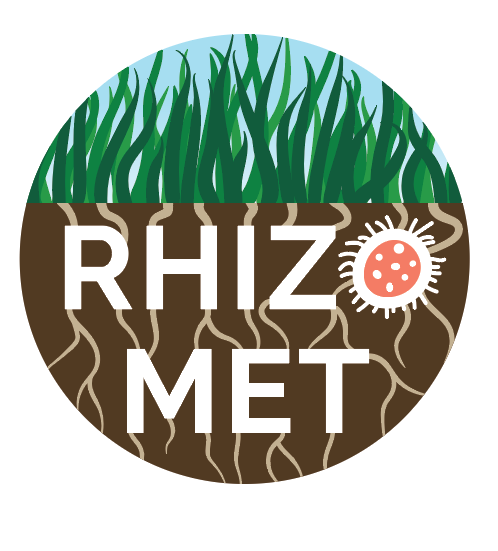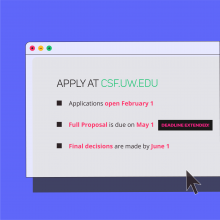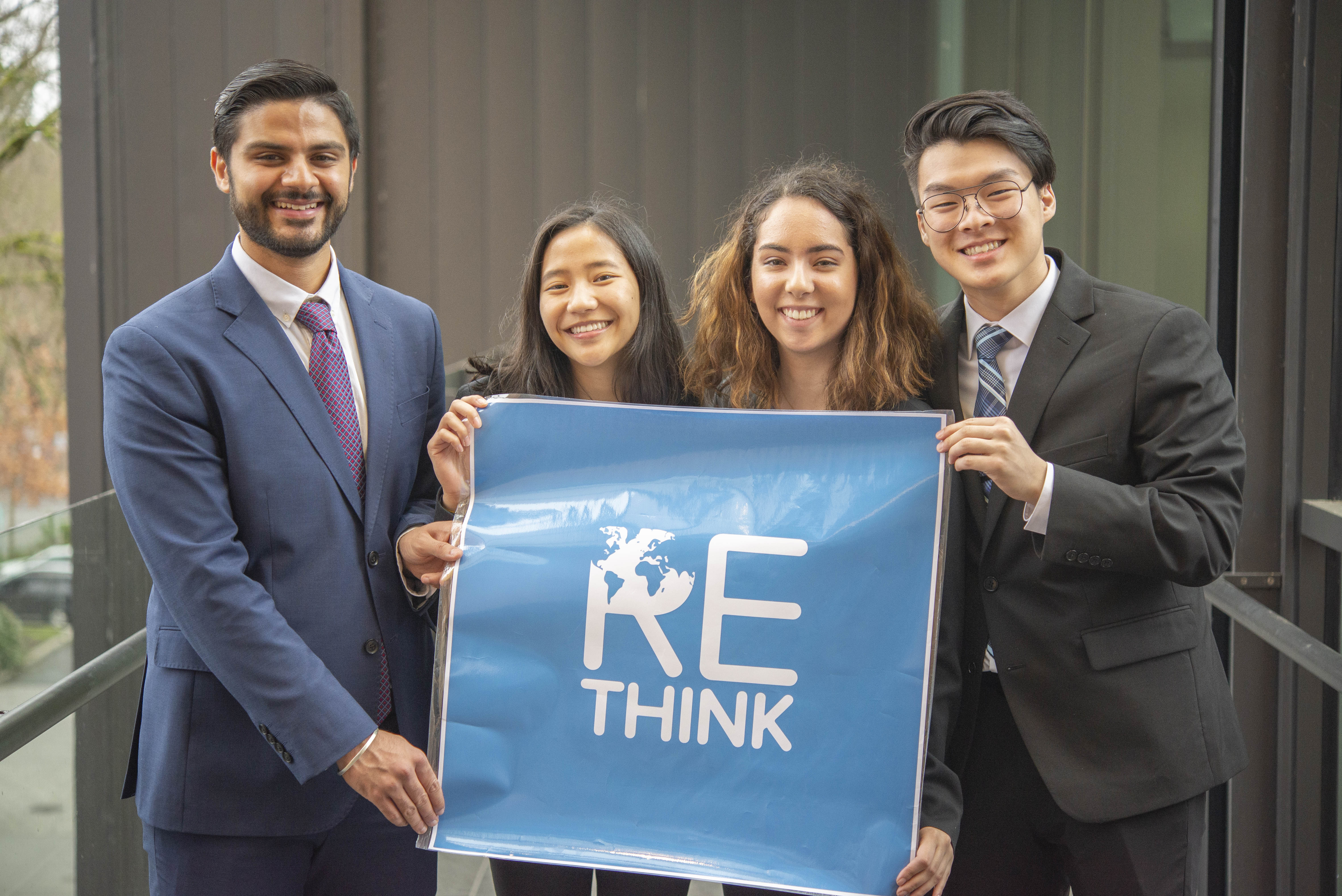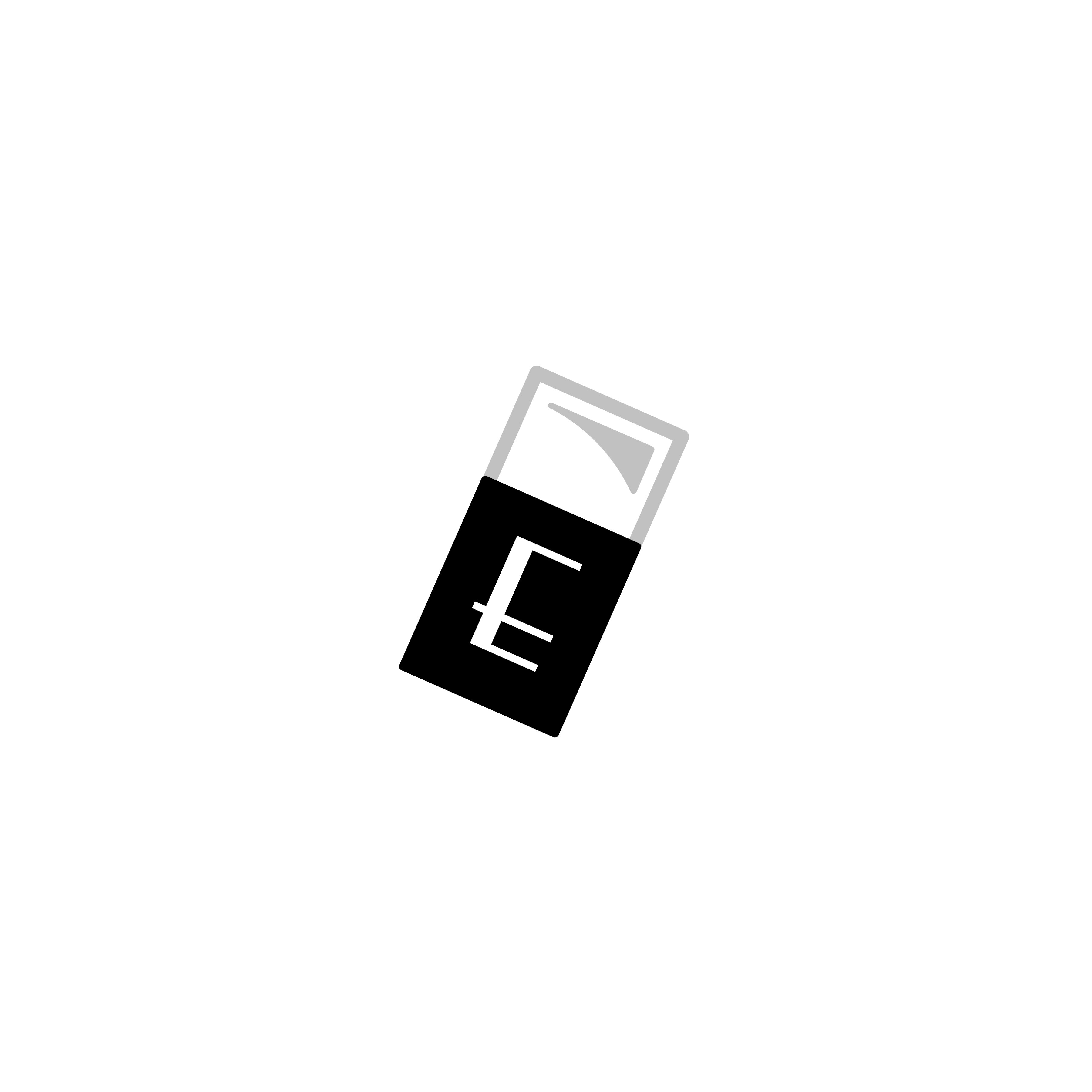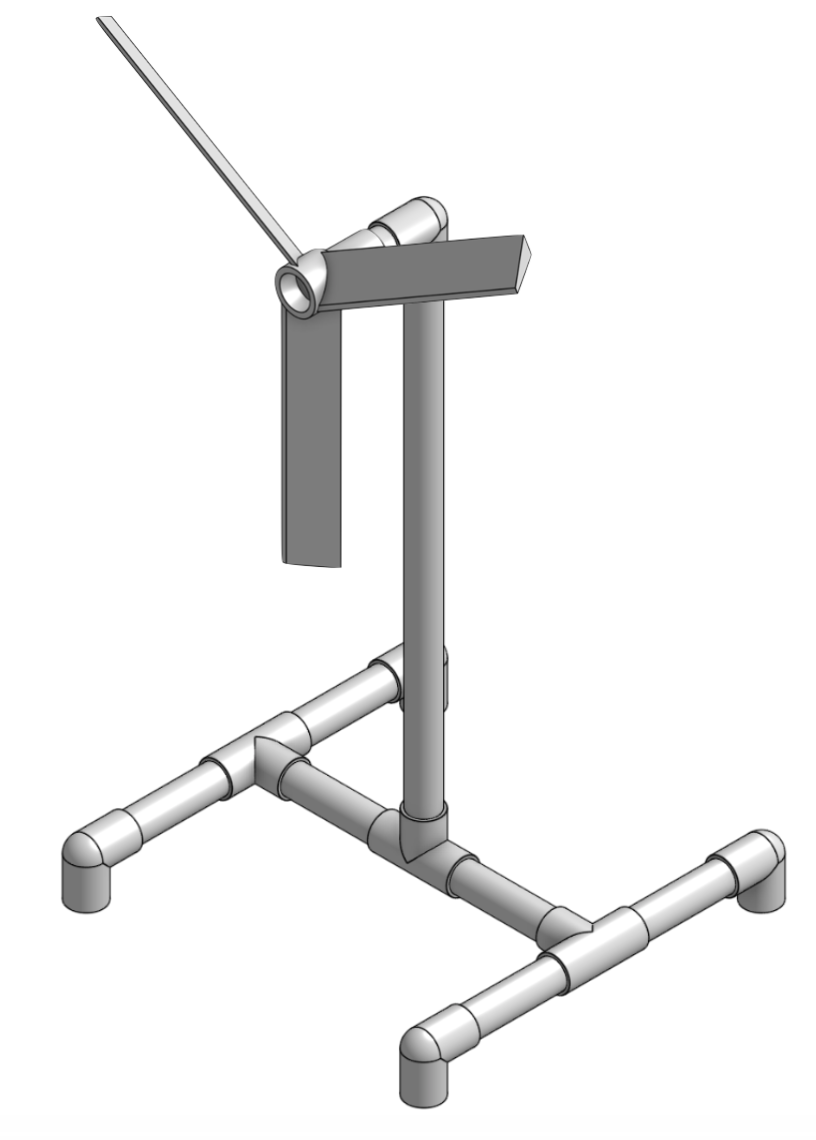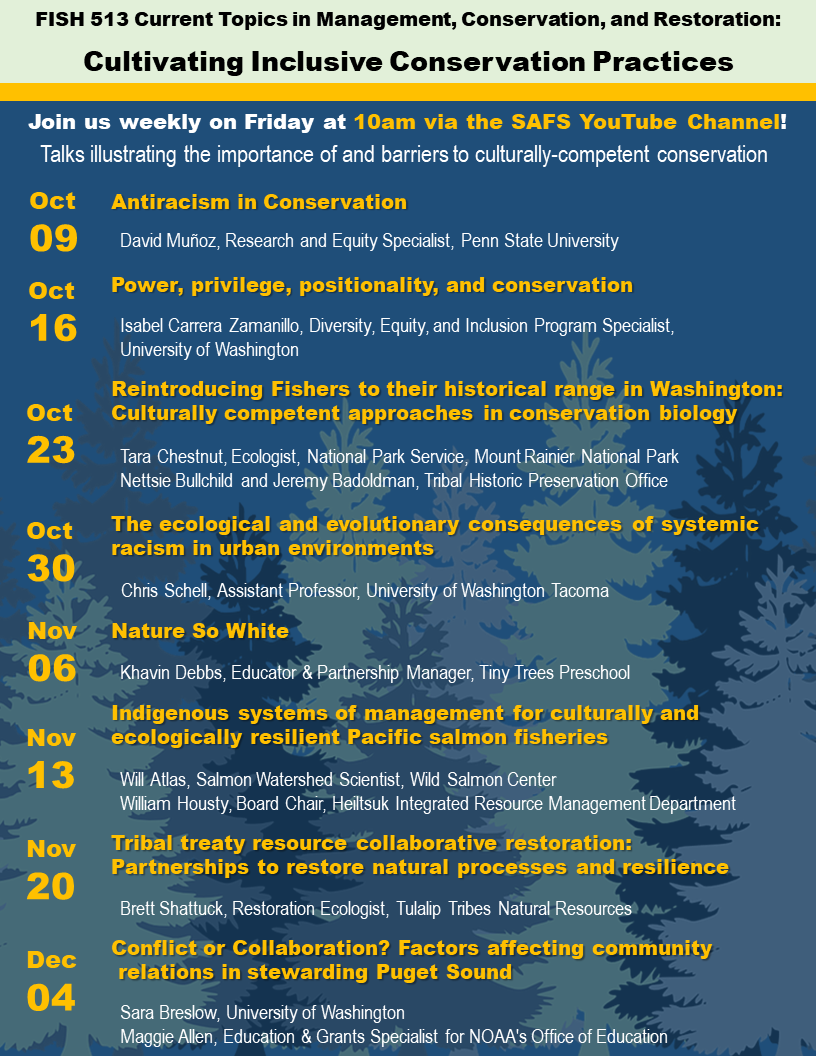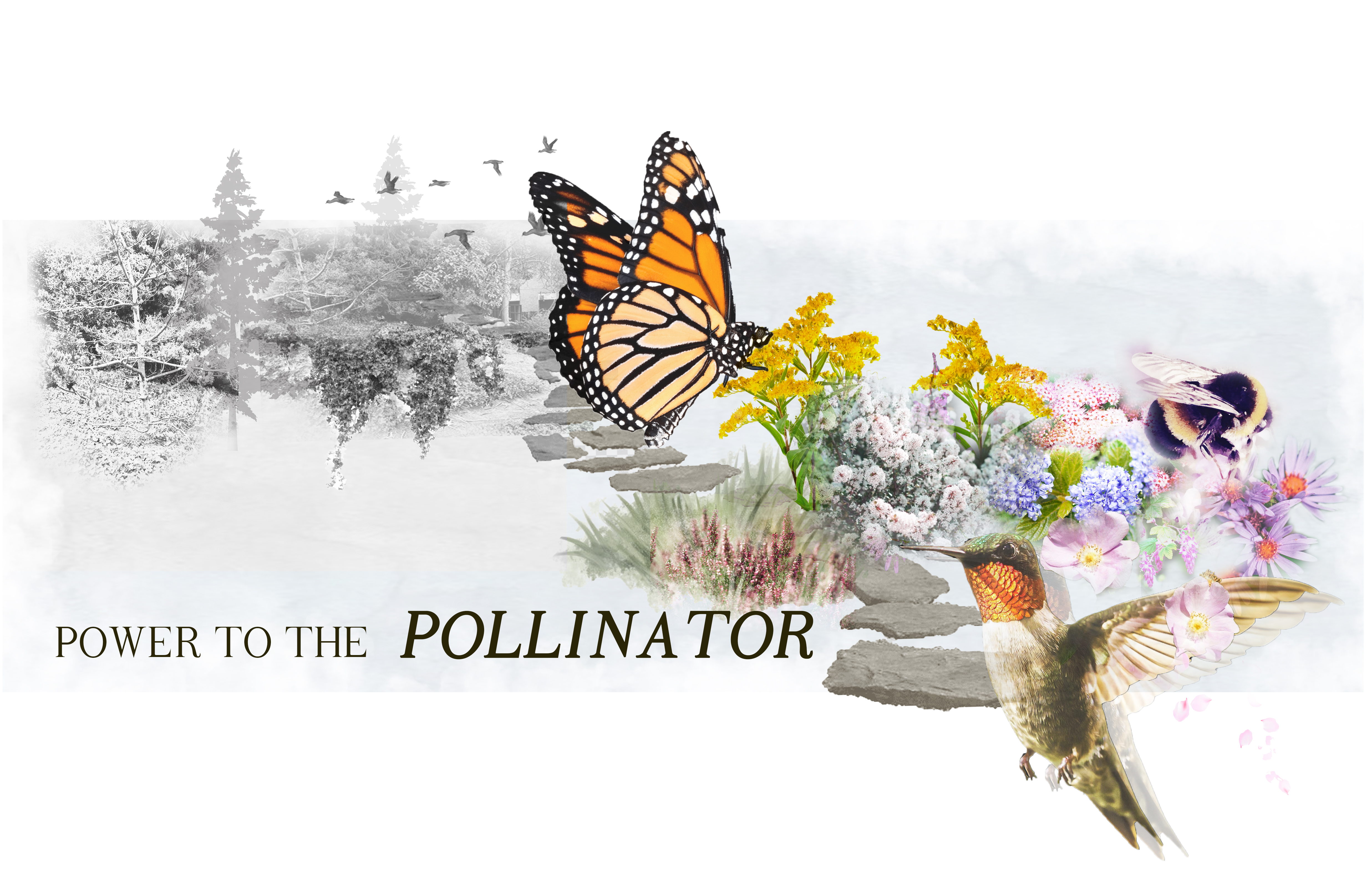Biodiversity Green Wall Restoration
Spearheaded and designed by the Green Futures Lab with funding from the CSF, the UW Biodiversity Green Wall was completed in the fall of 2012, transforming two blank concrete walls into lush urban habitat. Located in the southeast corner of Gould Hall on 15th Avenue and NE 40th Street, the award-winning project has been widely publicized and has the potential to provide numerous benefits such as reducing building energy needs, mitigating heat island effects, conserving potable water, reducing stormwater pollution, and increasing urban biodiversity.
